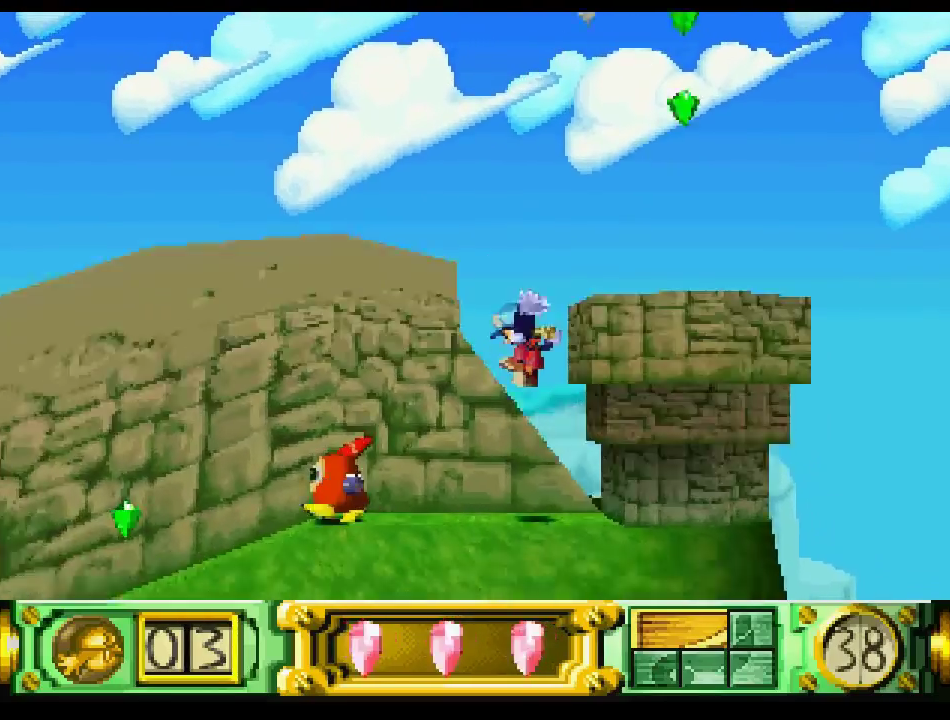

Legend found game publishers to take over marketing and distribution so it could focus its efforts exclusively on development. However, the company's expenses for graphics were rising without a similar increase in sales, causing Random House to exit the game industry. Legend secured an investment from book publishing company Random House and developed additional book adaptations, such as Death Gate and Shannara, as well as original titles such as Mission Critical. These industry changes led to difficult competition by the mid-1990s, especially in the adventure game genre. As the technology of the game industry changed, Legend continued to expand its game engine to take advantage of higher graphical fidelity, mouse support, and the increased media storage of the compact disc.

Legend also earned a reputation for comedic adventures, with numerous awards for Eric the Unready in 1993. Legend also profited from negotiating licenses to popular book series, allowing them to create notable game adaptations such as Companions of Xanth (based on Demons Don't Dream by Piers Anthony) and Gateway (based on the eponymous novel by Frederik Pohl). Legend's first two games, Spellcasting 101: Sorcerers Get All the Girls and Timequest, had strong sales that sustained the company. The company was founded by Bob Bates and Mike Verdu, both veterans of the interactive fiction studio Infocom that shut down in 1989. Legend Entertainment Company was an American developer and publisher of computer games, best known for creating adventure titles throughout the 1990s. Video games are also classified into a wide range of genres based on their style of gameplay and target audience. More recently, the video game industry has expanded onto mobile gaming through mobile devices (such as smartphones and tablet computers), virtual and augmented reality systems, and remote cloud gaming. Video games are typically categorized according to their hardware platform, which traditionally includes arcade video games, console games, and computer (PC) games the latter also encompasses LAN games, online games, and browser games. Most modern video games are audiovisual, with audio complement delivered through speakers or headphones, and sometimes also with other types of sensory feedback (e.g., haptic technology that provides tactile sensations), and some video games also allow microphone and webcam inputs for in-game chatting and livestreaming. A video game or computer game is an electronic game that involves interaction with a user interface or input device (such as a joystick, controller, keyboard, or motion sensing device) to generate visual feedback from a display device, most commonly shown in a video format on a television set, computer monitor, flat-panel display or touchscreen on handheld devices, or a virtual reality headset.


 0 kommentar(er)
0 kommentar(er)
